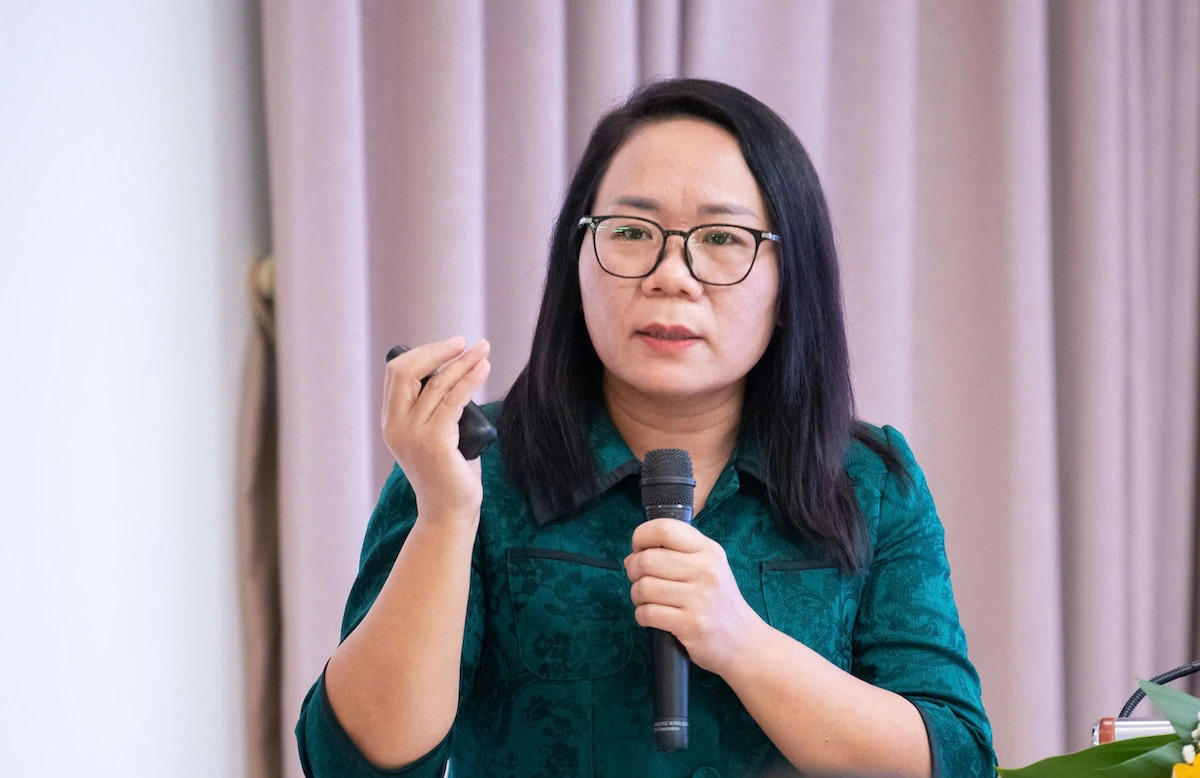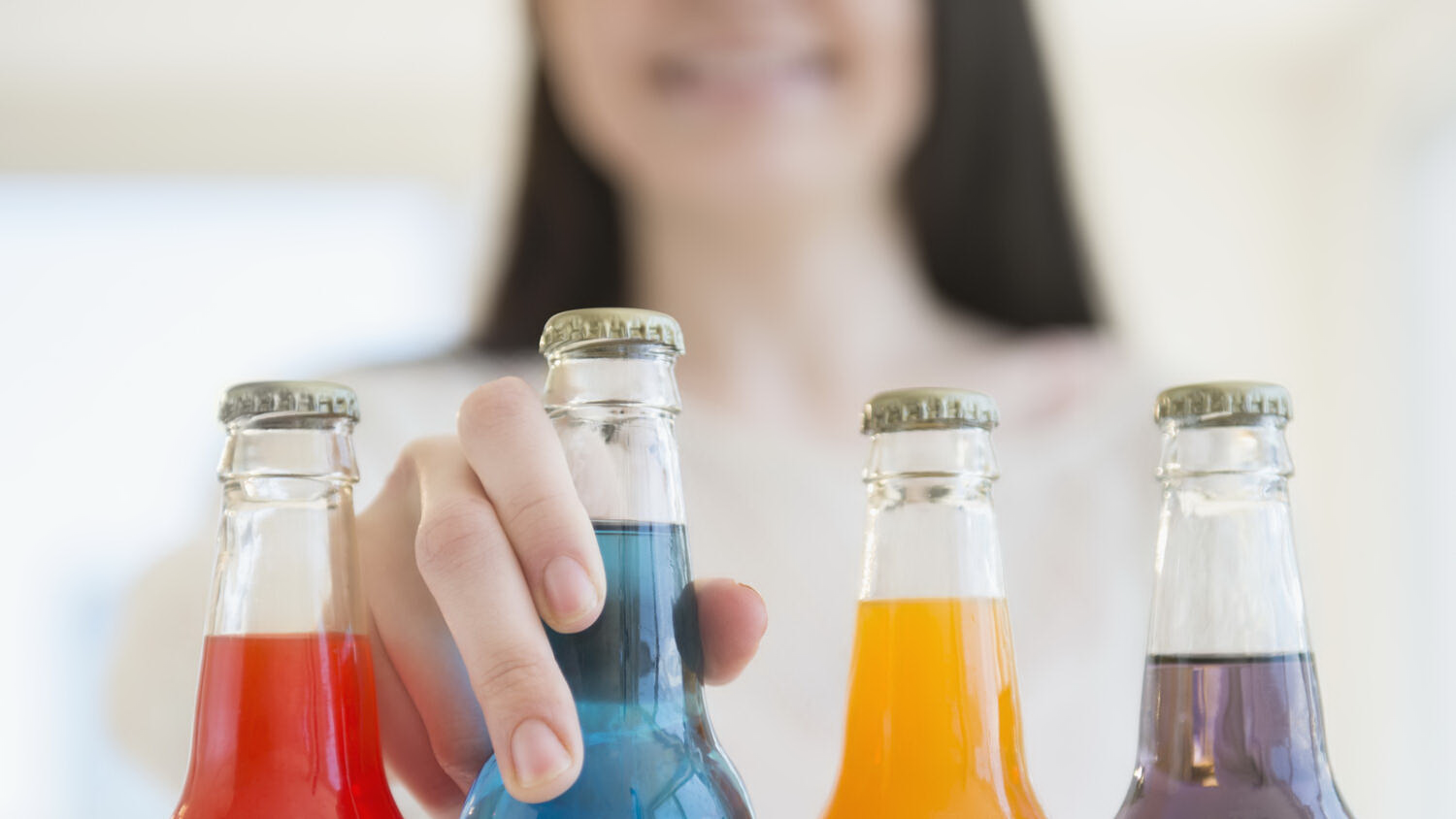Nhan Dan (People) newspaper cited data from the World Bank as reporting that the number of countries applying special consumption taxes on sugary beverages grew rapidly to 104 by 2023 from 35 in 2009.
In Southeast Asia, Thailand, the Philippines, Malaysia, Laos, Cambodia, and Brunei have all adopted such taxes.
Carbonated soft drinks and energy drinks are the most frequently taxed categories, with 97.1 percent and 99 percent of the 104 countries respectively including them in their tax scope.
Among these, 13 countries impose a tax based on a threshold sugar content applicable across common beverage types.
Angela Pratt, WHO representative in Vietnam, said that 49 percent of these countries use a specific tax system, 39.4 percent adopt an ad valorem system, and 11.5 percent apply a mixed tax method.
Notably, 60 countries differentiate tax rates based on drink characteristics, while 44 apply uniform rates across all sugary drinks.
In Southeast Asia, Brunei, the Philippines, and Malaysia use specific taxes. Cambodia and Laos use ad valorem systems, while Thailand combines both approaches.
Meanwhile, sugary drink consumption in Vietnam has more than doubled over the past decade, rising to 6.67 billion liters in 2023 from 3.44 billion liters in 2013—raising alarms about public health risks.
Nguyen Tuan Lam, a health specialist from WHO Vietnam, emphasized that both sugar and artificial sweeteners can heighten cravings for high-carb foods and suppress satiety cues, leading to a greater risk of sugar addiction.
Lam stressed the urgency of using tax policy to influence consumer behavior, especially among youth.
"Special consumption taxes on sugary beverages are a global and regional trend. Vietnam cannot afford to fall behind," Lam said.
National Assembly deputy Le Hoang Anh echoed this concern, calling current tax plans too slow and too lenient.
Under the proposed timeline, sugary drinks exceeding 5g/100ml of sugar would be taxed at eight percent in 2027 and 10 percent in 2028.
“Thailand imposed such taxes in 2017 and saw immediate reductions in consumption," Anh said.
"Even smaller nations like Brunei and Timor-Leste are taking bolder steps than we are.”
Anh proposed implementing a 10-percent tax starting in 2026 and increasing it to 20 percent by 2030, coupled with a sugar-content-based absolute tax modeled after Thailand’s system.
WHO recommends that Vietnam adopt a tax rate equivalent to 20 percent of the retail price by 2030—or a 40-percent excise tax based on factory price—arguing this level is necessary to deliver meaningful health protection.
Also, WHO suggests structuring the tax to reflect sugar content levels, incentivizing manufacturers to reduce sugar and offer low- or no-sugar options, thus supporting public health without overly harming business performance.




Max: 1500 characters
There are no comments yet. Be the first to comment.